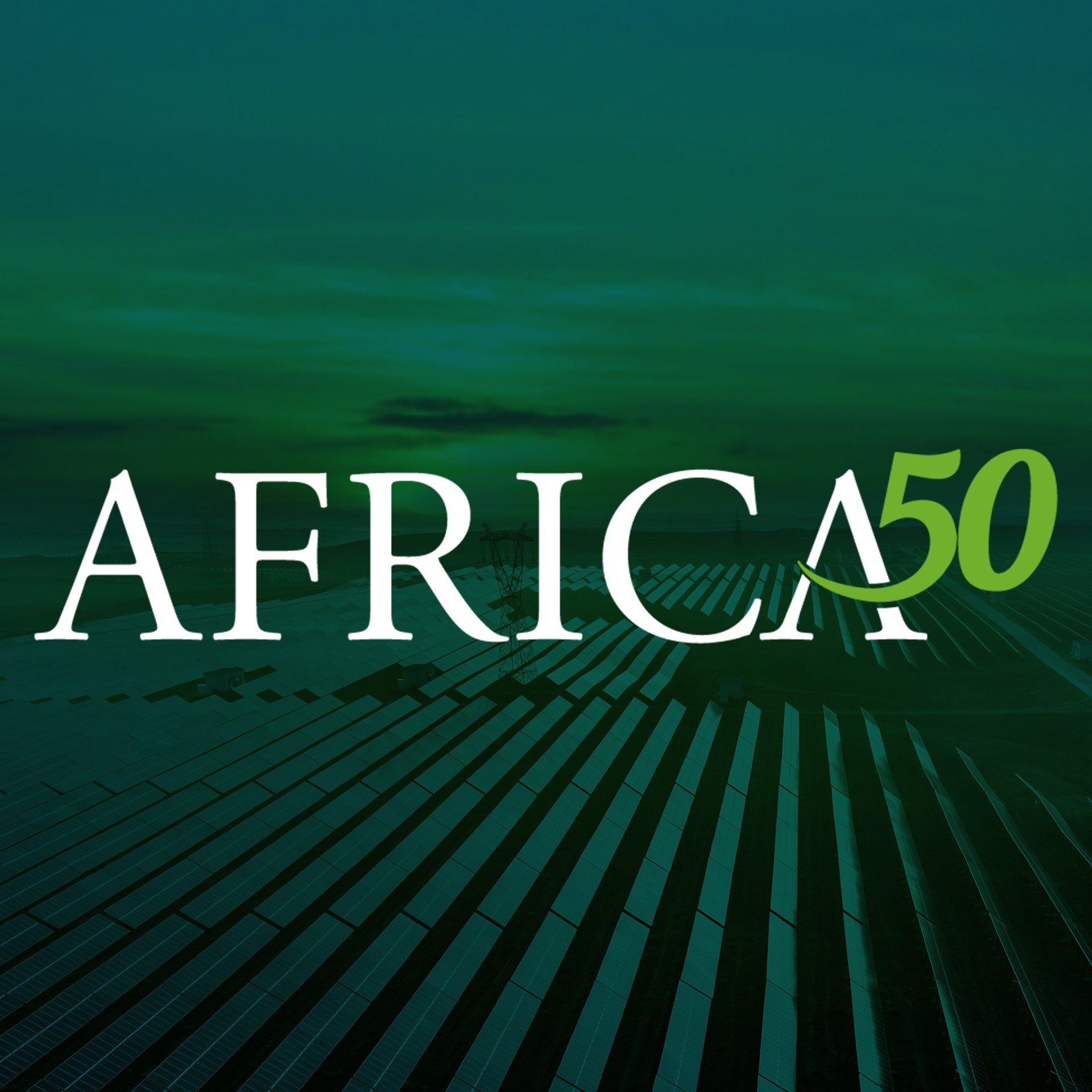Zimbabwe to Receive Fibre Optics and Renewable Energy Funding from Africa50

The infrastructure investment entity set up by African governments, Africa50, is moving into Zimbabwe to back fibre optics, new power generation, renewable energy and transport. Africa50 works to complete projects within 18 months, rather than talk about funding forever, and works with those shareholding governments that have capacity to specify and move quickly on defined development.
Africa50 was established by African governments and the African Development Bank to help bridge the continent’s gap for infrastructure capital by mobilizing public and private sector finance, and then investing in infrastructure on the continent. Africa50’s chief operating officer, Tshepidi Moremong said the team was in Harare to assist in the implementation of Zimbabwe’s priority developments.
“It was a very productive meeting with His Excellency President Mnangagwa,” while speaking on the meeting held with President Mnangagwa in late September. “I was reporting back on the session that we held with the Ministry of Finance and Economic Development, Ministry of Information Communication Technology and Courier Services and Ministry of Transport and Infrastructural Development, where we discussed a number of projects.”
Understanding the priorities supporting the government’s economic growth strategy was the main topic of debate. On the energy front, these included the need for investment in power generation and renewable energy, as well as ICTs and the digitalization of the economy. Moremong stated that her team was also considering transportation and would like to investigate how to support the usage of creative funding. Zimbabwe is a shareholder in Africa50, a platform for the development of continental infrastructure.
Africa50 and a Renewed Government Interest
Along with two continental banks, the African Central Bank and African Development Bank, there are 29 African nations that are shareholders. According to Moremong, Africa50 considered bringing concepts from conception to bankability. After yesterday’s “tough conversations,” Africa50 is optimistic about Zimbabwe’s possibilities.
“We are looking at fibre optic, transport and logistics and solar power. Those are some of the projects that we discussed about. We want to do things fast. We set ourselves timeframes between the ministries saying let us execute something within the next 18 months. We want really to put pressure on ourselves between us as country shareholders,” said Moremong.
Zimbabwe is attempting to profit from its public resources. The Deputy Minister of Finance had asserted that the country could be considering leasing its power plants and airports, as well as our toll highways. In his opinion, the government currently does this to some level. The minister pointed that revenue from leasing those public assets would be used to pay for the aforementioned solar power, fiber optic, and transportation and logistics developments.
By a wide amount, Liquid Intelligent Technologies currently possesses the largest fiber optic network in the nation. 78.7% of the nation’s equipped international internet bandwidth capacity is held by Liquid. Now that the government is making it clear that it doesn’t want private companies having such dominance in a key infrastructure like fiber.
